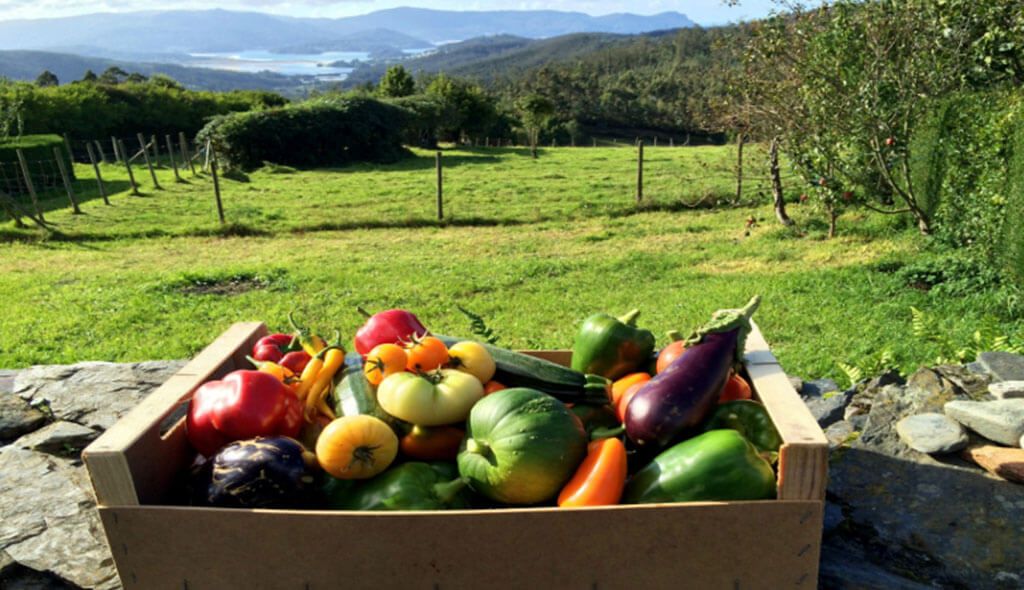Organic production in Turkey began recently. The organic production market started to develop especially in the 1980s. It started with the production of organic products contracted with some European organic farming companies. With this agreement, organic export-oriented productions such as dried figs, raisins, hazelnuts and dried apricots were made in those years.
Organic production in Turkey in Manisa was made first in 1986. This process, which started with organic raisins, continued with organic organic figs in 1987. As mentioned above the transient expression in Turkey organic production methods it is realized with the request bit amateur European markets. When we evaluate it within the framework of legal and standards, organic production in our country should be evaluated in 3 different stages.
Organic Process in Turkey
organic production process in Turkey must be considered just as we have stated in 3 different stages. The first stage is the period between 1984 and 1993. In this period, productions were made in line with the demands of European agricultural companies without any national regulations. Our country, which knew about organic production, acted in line with the demands and demands of the importer companies at that time.
The second period is the period between 1994 and 2002. In this period, some regulations on organic production were issued in our country. Organic production standards have been determined to a certain extent with the regulations issued. Organic production has started to develop and spread especially in our Aegean Region.
The third and most important phase is the period from 2003 to the present day. In this period, laws were enacted instead of regulations. The first law on organic production was adopted in the Turkish Grand National Assembly in 2004. The law came into force on 10 June 2005 and started to be implemented.
Organic Products Group in Turkey
the actual fundamentals of organic production in Turkey in 2004 and issued in 2005 laid the law came into force. Since this period, the organic product range has also expanded rapidly. Dried fruits and hard-shell foods were included in this group. Frozen fruits and vegetables were also included in the organic product group in the following years. Spices, legumes, fresh vegetables and fruits are also included in the product range. Both the consumption of these organic products in the domestic market and their export to abroad have accelerated. Olive oil, rose water, rose oil, cotton and textile products were added to the ever expanding organic product range.
Particular attention was paid to organic cotton production. Increasing organic cotton production has also accelerated organic textile production. It was given importance to market the organic textile products produced abroad. Organic textile products, which are completely domestic production to various countries of the world, have started to be marketed and continue today. Organic baby textiles, home textiles, towels and mattresses were added in organic textiles. Organic baby clothes, baby food, toys and baby cosmetics market was also focused. According to the data announced by TURKSTAT in 2011, 225 different organic products are produced in our country. According to the data in the same period, the number of farmers interested in organic production is 42460 people. The number of people or companies interested in organic agriculture and production is increasing day by day.
Increasing organic production in Turkey Why?
Organic production is growing rapidly in Turkey. The main reason for this is consumers' interest in healthy food. The increase in the use of pesticides, antibiotics, hormones and GMOs in foods has caused this. Besides environmental damage of conventional farming, government incentive programs imposed on organic production, encouraging legislation still be shown as to why the increase of organic production in Turkey. Today, we can export organic products to nearly 40 different countries.




